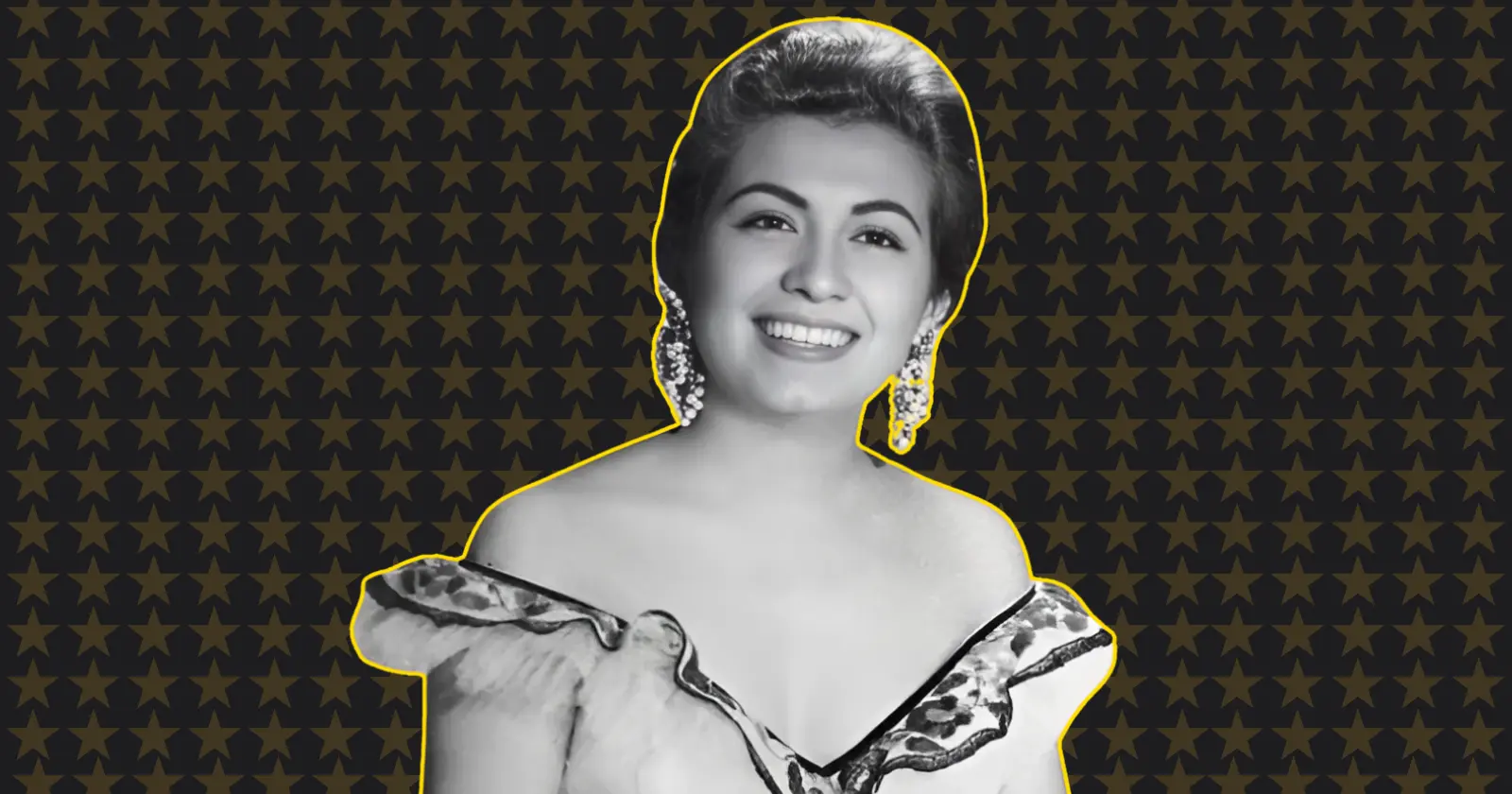Imagine a singer whose voice can make you feel every emotion, from deep love to heartbreak. That’s Lola Beltrán, the Queen of Ranchera music. Her powerful songs captured the hearts of millions, and her influence on Mexican culture is still felt today. In this article, we’ll explore who Lola Beltrán was, why her music is so important, and how she became a symbol of Mexican pride.
Who Was Lola Beltrán?
Lola Beltrán, born in 1932 in Sinaloa, Mexico, grew up in a humble family but dreamed big. She wanted to be a singer, and after moving to Mexico City, her talent was quickly noticed. Singing on the radio led to a big break, and soon, Lola’s voice became famous across the country.
She wasn’t just a singer, though. Lola became the Queen of Ranchera Music, a title that means she was the best at singing a style of music that speaks to the heart of Mexico. Ranchera music tells stories about love, life, and the experiences of ordinary people, and Lola’s voice was perfect for it.
How Lola Beltrán Shaped Ranchera Music
Lola’s voice was strong, emotional, and unforgettable. When she sang, people listened—and felt. She could make you feel every word of a song, whether it was about joy or sorrow. Some of her most famous songs, like “Cucurrucucú Paloma”, “Paloma Negra”, and “Si Nos Dejan”, are still loved today.
Her music wasn’t just for Mexico. Lola brought Ranchera to the world, performing in many countries and showing the beauty of Mexican culture through her songs. She made sure people everywhere could understand the emotion and spirit of Ranchera music.
How Lola Beltrán Became a Mexican Icon
Over time, Lola Beltrán became more than just a singer. She became a symbol of Mexican pride and tradition. People saw her as a representative of their country and their culture. Lola also appeared in Mexican movies, where she not only sang but acted, making her even more popular.
Through her music and movies, Lola introduced people around the world to the rich culture of Mexico. She made people feel connected to their roots and reminded them of their heritage.
Lola Beltrán’s Legacy
Even though Lola Beltrán passed away in 1996, her influence lives on. Many Ranchera singers today, like Vicente Fernández and Alejandro Fernández, say she inspired them. Her music is still played at events, festivals, and family gatherings, keeping her memory alive.
Lola also received many awards during her life for her work in music. But her true legacy is how much people still love her songs. Her voice and the emotions she brought to her music remain timeless.
Why Lola’s Music Still Matters
Lola Beltrán’s songs are timeless because they talk about things that everyone understands—love, heartbreak, and pride. Her music connects generations of listeners. Even today, young people are discovering her songs and feeling the power of her voice.
Lola’s music is more than just beautiful. It’s a way for people to connect with Mexican culture and their own history. When they hear her songs, they feel closer to their roots and proud of their heritage.
How You Can Enjoy Lola Beltrán’s Music
If you haven’t listened to Lola Beltrán’s music yet, now is a great time to start! Here’s how you can explore her songs:
- Listen to her greatest hits: Start with popular songs like “Paloma Negra” and “Cucurrucucú Paloma”. They’re emotional and powerful.
- Watch her movies: Lola appeared in many Mexican films where she sang and acted. These movies show another side of her talent.
- Attend cultural events: If you’re at a Mexican festival, you might hear Lola’s songs. Her music is often played at traditional events.
Conclusion
Lola Beltrán wasn’t just a singer—she was a true cultural icon. Her voice, filled with emotion, helped bring Ranchera music to life and connect people to their heritage. She continues to inspire new generations of musicians and listeners alike.
Did you enjoy learning about Lola Beltrán’s incredible impact on Mexican music? Share this article with friends, family, or anyone who loves music, and let’s keep her legacy alive!
